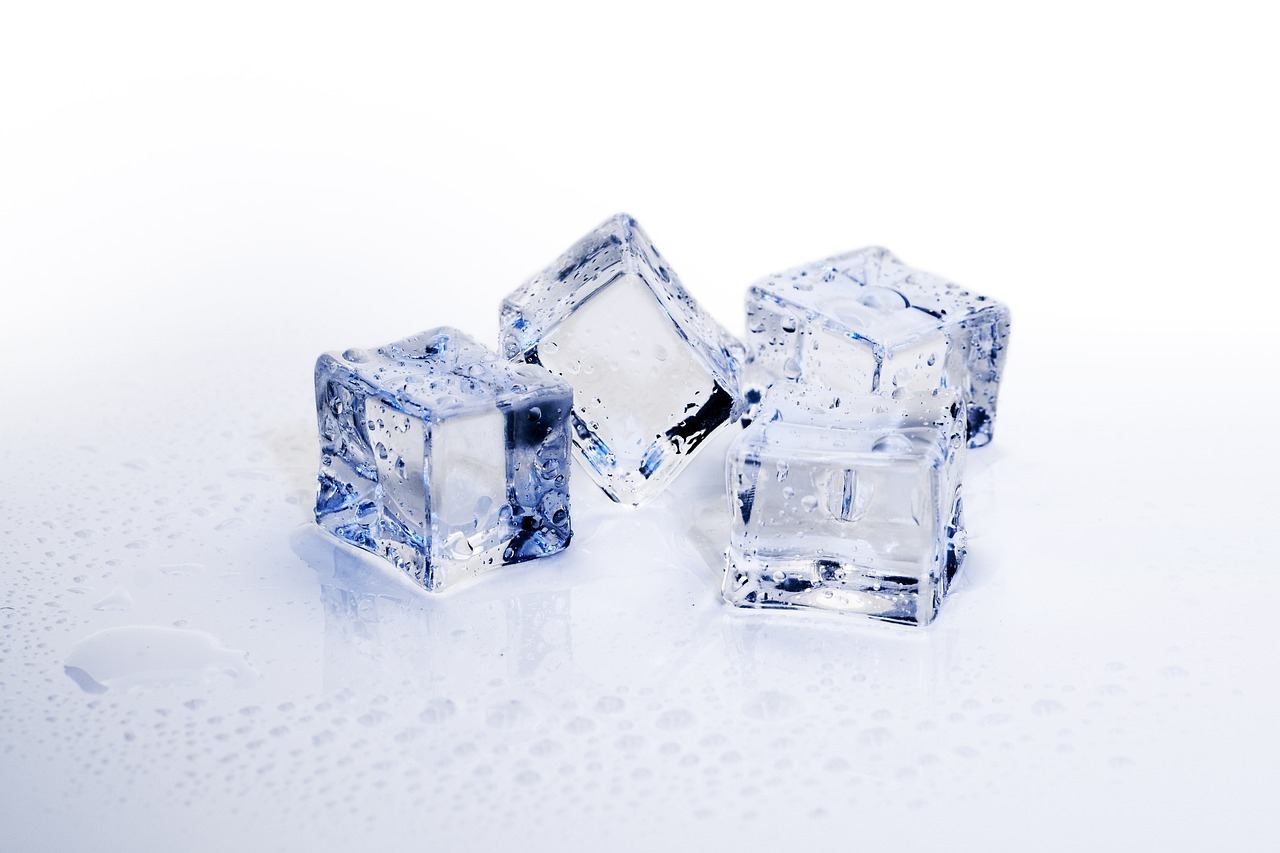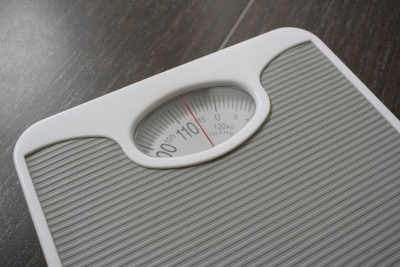Table of contents:
- Cold water therapy and stress relief
- Managing pain and inflammation with cold exposure
- Cold therapy for glucose regulation
- How cold plunges can improve your mood
- Getting started with cold water therapy
Cold water therapy and stress relief
Many people experience chronic stress due to daily challenges. Cold water therapy activates the "cold shock response," which releases stress hormones that help the body adapt. Controlled exposure to cold water can help regulate the nervous system and bring a sense of calm within minutes. Practices combining cold therapy with breathwork are used to reduce anxiety and improve overall resilience to stress.
Managing pain and inflammation with cold exposure
Cold therapy has been widely used for pain relief and recovery. Immersion in cold water can reduce inflammation and aid muscle recovery after intense physical activity. Athletes frequently use cold baths to manage muscle soreness and improve their recovery times. Research also suggests that cold exposure may help alleviate symptoms of chronic illnesses where inflammation plays a significant role.
Cold therapy for glucose regulation
Cold water therapy may positively impact glucose regulation. Studies involving individuals with Type 2 diabetes have shown improved insulin sensitivity after consistent cold exposure. These findings highlight the potential of cold therapy to support metabolic health, though further research is needed to confirm these effects in larger populations.
How cold plunges can improve your mood
Cold water immersion has been linked to improved mental well-being. The release of endorphins and other natural chemicals during cold exposure leaves many participants feeling invigorated and refreshed. For some, regular cold plunges become a source of emotional balance and motivation, helping them manage stress and enhance their overall quality of life.
Getting started with cold water therapy
Starting cold water therapy requires gradual adaptation. Cold showers are a simple way to begin and help the body adjust. Experts recommend beginning with short sessions at moderate cold temperatures and progressively increasing intensity. Controlled breathing techniques can also help manage the initial shock response. Safety precautions, such as consulting a medical professional and avoiding extreme conditions, are essential for beginners.
Exploring the benefits of cold water therapy
Cold water therapy combines ancient wisdom with modern wellness practices. Its potential benefits, including stress relief, reduced inflammation, and better metabolic health, make it an attractive option for many. By incorporating it into your routine carefully and gradually, you can safely experience its effects and improve both physical and mental well-being.
source: CBC


 Canadian experts release updated national standards for pediatric obesity care, highlighting psychological support, family involvement, and medical options. The first major
Canadian experts release updated national standards for pediatric obesity care, highlighting psychological support, family involvement, and medical options. The first major The consumption of ultra-processed foods is a growing concern worldwide due to its links to major health issues. From obesity
The consumption of ultra-processed foods is a growing concern worldwide due to its links to major health issues. From obesity Loneliness, a widespread and often unspoken issue, has been recognized as a significant public health concern. Research shows it can
Loneliness, a widespread and often unspoken issue, has been recognized as a significant public health concern. Research shows it can

